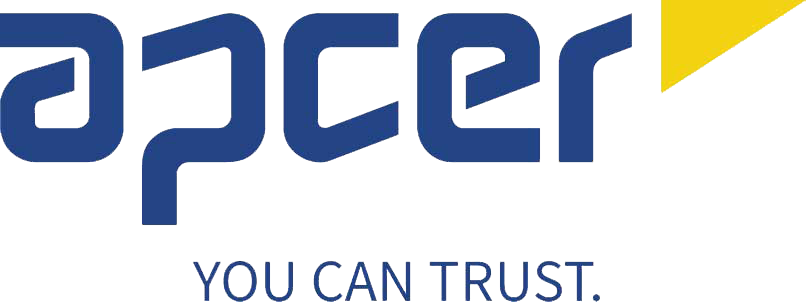Security in the supply chain is critical for the success of many companies since it can result in significant losses for the business and other interested parties. Therefore, it is extremely important to ensure supply continuity by preventing disruptions that result from partial or total loss of merchandise, theft, sabotage, counterfeiting, terrorism, political matters, natural causes, operational faults, lengthy customs procedures, among other incidents. These disruptions impact the company's image and can result in a loss of customers and business. Hence, to minimize possible losses that arise from incidents throughout the supply chain, companies must identify the threats, analyse the risks, and mitigate the consequences by implementing controls and measures that minimise security risks.
ISO 28000, which defines the requirements for a comprehensive supply chain security management system, was developed in response to this complex industry challenge. The main objectives of this standard are to identify and reduce the risk levels for people and the burden in supply chain operations. Security management is taken into account with many other related aspects such as business management and activities that are controlled or influenced by organizations: this is the case for externally contracted processes, relevant to security in the supply chain.
Companies of any size or activity that operate in the supply chain – from producers, transportation, port and airport facilities, and merchandise transport service providers – can implement and become ISO 28000-certified. Accordingly, this standard systematically deals with potential security threats in every phase of the supply process, with a special focus on logistics and identifying situations related to terrorism, fraud, piracy, among others. It also attempts to mitigate the effects of security incidents.
However, ISO 28000 does not aim to override government requirements nor its own frameworks in supply chain security, like those from the WCO SAFE Framework (World Customs Organisation). Conversely, organizations that are certified according to this standard comply with some requirements for the European Authorized Economic Operator programme.
ISO 28000 certification provides the following benefits:
• Access to new markets and new business opportunities by demonstrating to customers and other interesting parties the implementation of controls to minimise security risks in the supply chain, protecting people as well as goods and services.
• Management of supply chain security risks. By monitoring and implementing controls and measures, the company is prepared for any disruptive events.
• Reinforcement of the security of value-creation processes by implementing adequate security measures upon performing a risk analysis.
• Improvements in efficiency and reduction in costs through efficient security management and the resulting decrease in incidents.
• Brand resilience and protection: Increase the company's resilience in the face of a risk increase.
Trust in the supply chain.
Rita Sousa | Market Research Manager
Teresa Carvalho de Sousa | Development Manager














